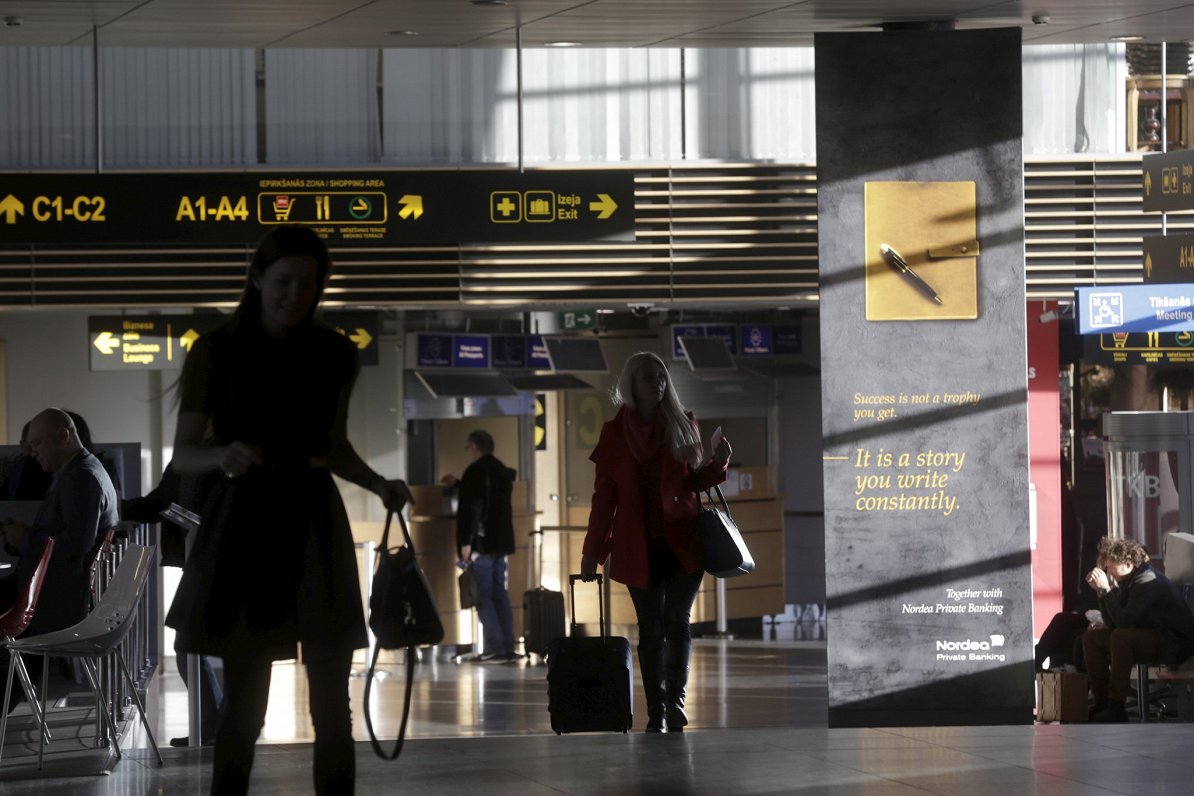The Law has been in operation since 1995 and provides for the return of persons originating in Latvia and Livonia to their homeland, as well as the provision of certain costs for the full performance of this process.
When the law came into force in the 1990s, the countries from which people wanted to return to their ethnic homeland were different and the division between the western and eastern states was equivalent. At the moment, however, it is most wanted by people from Russia.
“The nature of the law was completely different. The call was for the return of people of Latvian descent from all over the world, who had been exiled, who had ended up somewhere at the time of the USSR, and their descendants. But over the last year, we see that there are very different people who are not really interested in Latvia, but only to receive a permanent residence permit,” said Maira Roze, chief executive of the Office for Citizenship and Migration Affairs.
Last year, the proportion of Russian citizens reached 81% of the total number of repatriates or members of their families.
The number of applications increased particularly at the time of the Russian invasion of Ukraine, which undermined Russia's economic and international stability. Last year, 430 applications from Russian citizens were received. The status of a family member of the repatriated or repatriated was granted to around half – 220 of them.
"If a Russian citizen is against mobilization but is not against war, and in no way has protested – then it is not a sufficient basis to require a visa, a temporary residence permit, or the status of a repatriate. There were 30 years to sort that status. If this revelation has been recent, then, I think the legislature has time to say that this Repatriation Law is reformable," said Foreign Minister Edgars Rinkēvičs (New Unity).
Another problem has been highlighted in the case of the Repatriation Law: there is also a tendency to fake documents. In recent years, around 220 documents have been suspected to be fake. In at least 200 cases residence permits have been refused or canceled.
At the same time, the possibility of repatriation will be maintained under stricter conditions. In order to obtain a permanent residence permit, the person will have to live in Latvia for five years and have to learn Latvian at least at A2 level.




























